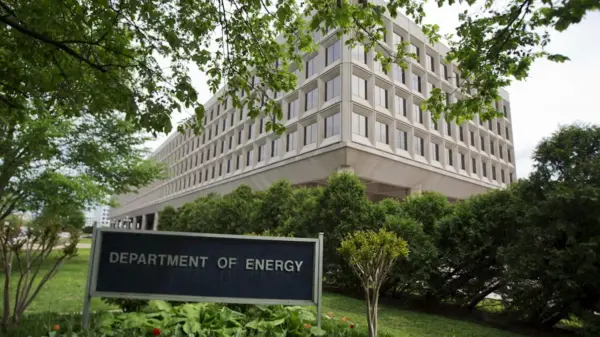A recent study has unveiled compelling evidence suggesting that microbiota may play a pivotal role in enhancing antitumour immunity through the migration of dendritic cells in patients with advanced cancers. The research focused on patients diagnosed with advanced Non-Small Cell Lung Cancer (NSCLC) and Gastric Cancer (GC) who received PD-1 blockade monotherapy, specifically using the immune checkpoint inhibitors nivolumab or pembrolizumab.
The study encompassed a total of 22 patients with NSCLC and 49 with GC, all of whom were treated between March 2017 and September 2018. Participants were divided into two cohorts: a discovery cohort comprising 50 patients, and a validation cohort with 21 patients. The discovery cohort included 15 patients with NSCLC and 35 with GC, while the validation cohort consisted of 7 NSCLC patients and 14 GC patients. Additionally, 16 patients with Head and Neck Squamous Cell Carcinoma (HNSCC) who underwent similar treatment from June 2022 to October 2023 were also included in the analysis.
To ensure the reliability of the findings, the study excluded patients who had received antibiotics or microbiome interventions within specified time frames before treatment initiation. Those who achieved a complete or partial response, or had stable disease lasting over six months, were classified as responders.
Human TILs (tumour-infiltrating lymphocytes) were isolated and subjected to extensive immunological analyses. Furthermore, stool samples were collected prior to the initiation of treatment and preserved for analysis. This comprehensive approach aimed to investigate the relationship between the gut microbiome and the immune response to cancer therapy.
The research also included various assessments of tumour characteristics, such as PD-L1 expression and mismatch repair status, employing advanced immunohistochemistry techniques. These evaluations are crucial in understanding how the immune system interacts with tumours, particularly in the context of immunotherapy.
The study found that specific bacterial profiles could influence the immune response against tumours, suggesting that microbiota-driven mechanisms might enhance the efficacy of treatments like PD-1 blockade. This highlights the importance of understanding the microbiome’s role in cancer therapy, potentially leading to novel approaches that could improve patient outcomes.
As the study progresses, researchers are hopeful that these findings will pave the way for integrating microbiota analysis into clinical practice, ultimately enhancing the precision and effectiveness of cancer immunotherapy. The ongoing investigation into the microbiome’s impact on immune responses holds promise for transformative advancements in cancer treatment strategies.
Overall, this research underscores a significant shift in how healthcare professionals might approach cancer treatment, emphasizing the complex interplay between the microbiome and the immune system. As scientists continue to unravel these connections, the potential for more personalized therapies becomes increasingly tangible.































































